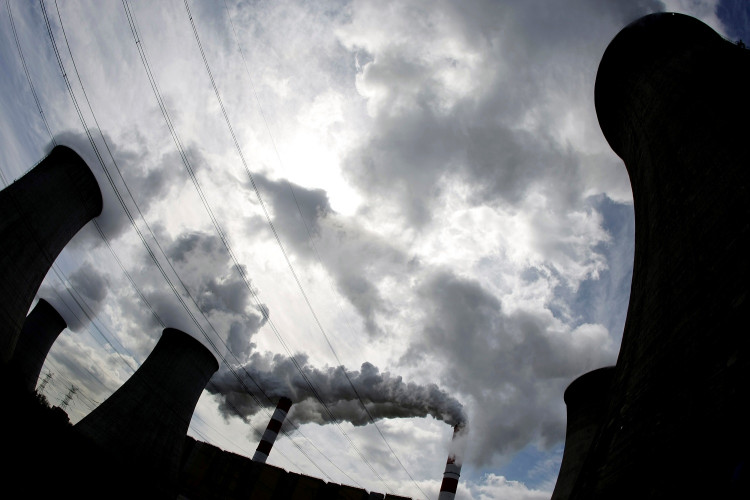Following talks with Beijing's top officials, U.S. climate envoy John Kerry warned that China's coal building spree could "undo" global capacity to meet climate targets.
Despite promises to reduce coal consumption by half by 2030, China placed 38.4 gigawatts of new coal-fired power last year, more than three times the global total.
Climate change is among the subjects on which the two nations have reached an agreement.
Tensions between Beijing and Washington have risen in recent months, with the two sides throwing jabs about China's record on human rights and its handling of the coronavirus at the beginning.
However, China has recently emphasized that deteriorating China-U.S. relations may damage environmental cooperation.
On Thursday evening, Kerry told media that the U.S. had made it "clear that the inclusion of more coal plants constitutes a huge obstacle to the world's efforts to address the climate catastrophe."
He said that China's plans for new coal plants could "undo the world's capacity to reach net-zero by 2050," adding that they had "very constructive" talks but that he was " very direct" on the subject.
Kerry has asked China, the world's greatest polluter, to increase its efforts to cut carbon emissions on numerous occasions.
On Thursday, the U.S. envoy said in a virtual conference with Chinese Vice Premier Han Zheng that "there is no way for the world to solve the climate crisis without China's full engagement and commitment."
China is currently the world's greatest carbon dioxide producer, followed by the U.S., which has historically emitted more carbon dioxide than any other country.
While China has pledged that it will achieve peak carbon emissions by 2030 and be carbon neutral by 2060, it remains largely reliant on coal, which accounts for about 60% of its energy consumption.
Kerry's Asia talks are an important part of his ongoing climate diplomacy in the run-up to the critical UN climate conference in Glasgow in November.
The most important aspect of the Glasgow discussions will be attempting to put the world's governments on a path to curb emissions.
The planet now hovering around 1.1 degrees Celsius, and according to a recent UN Intergovernmental Panel on Climate Change assessment, reaching 2 degrees or more would result in catastrophic climate repercussions.






